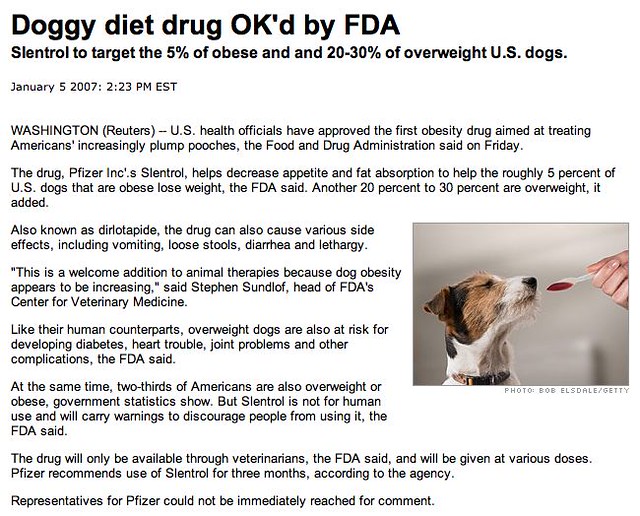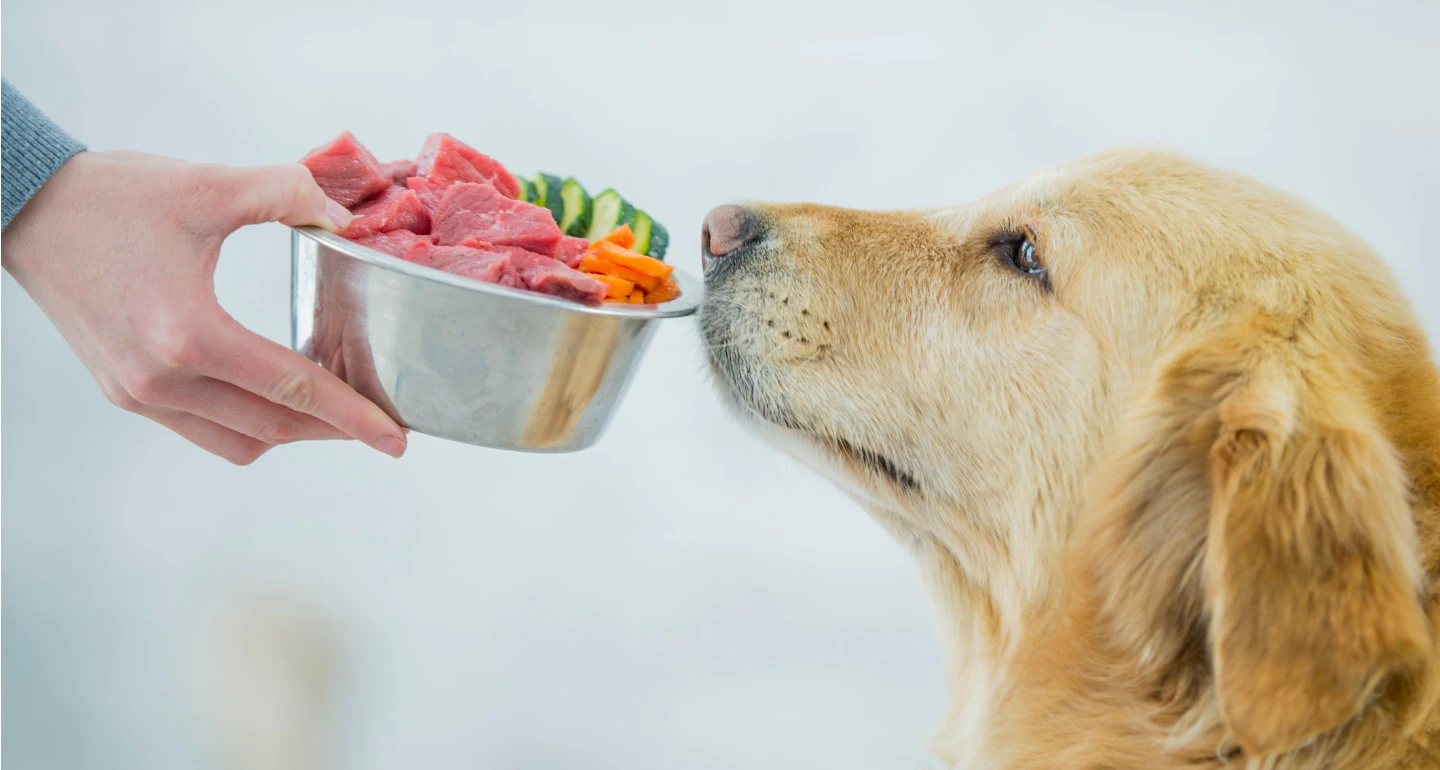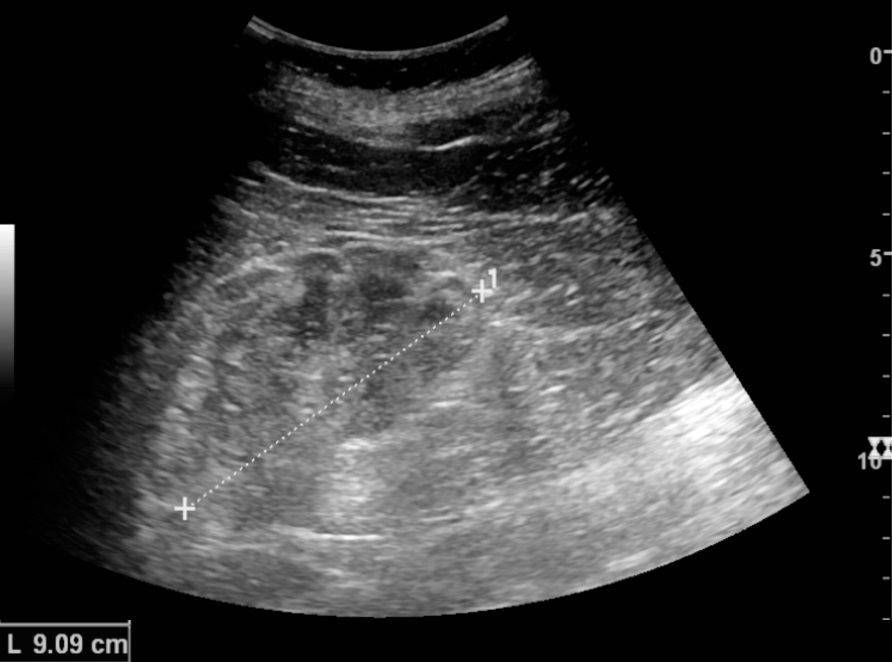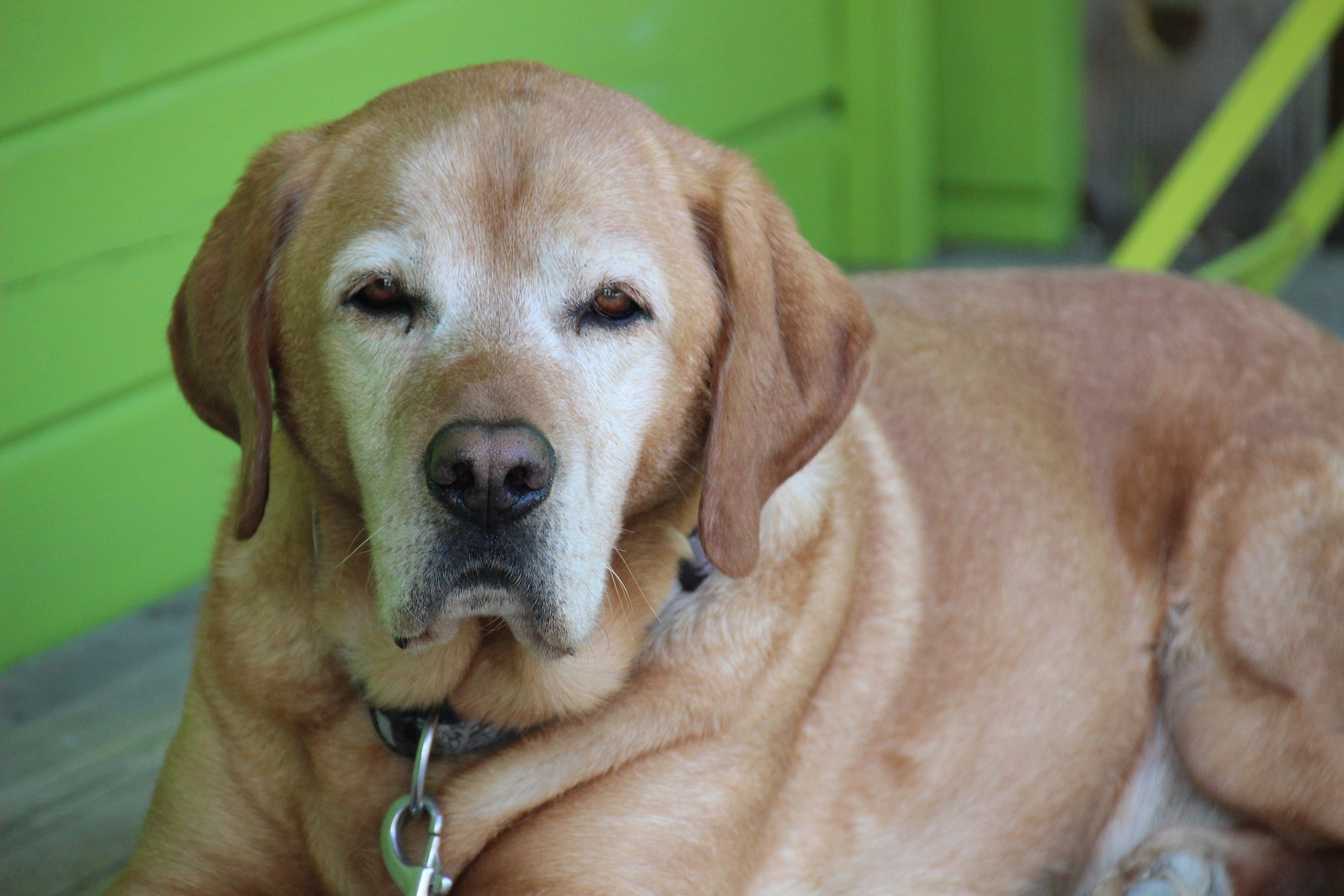Different types of diets for sick dogs!
Diet for dogs with kidney disease
A diet for dogs with kidney disease should be high in protein and low in phosphorus. It is important to consult with a veterinarian before making any changes to your dog's diet as a kidney-friendly diet may not be appropriate for all dogs with kidney disease. This type of diet can help to slow the progression of kidney disease and improve your dog's quality of life.
There is no one-size-fits-all diet for dogs with kidney disease as the right diet will vary depending on the individual dog's health status age and activity level. However, there are some general guidelines that can be followed when choosing a diet for a dog with kidney disease.
Dogs with kidney disease should be fed a diet that is high in protein and low in phosphorus. The protein content of the diet should be at least 30% and the phosphorus content should be no more than 0.5% Fat content should be moderate and carbohydrates should be limited.
Diet for dogs with pancreatitis
Pancreatitis is a serious condition that can be life-threatening for dogs. The pancreas is an organ that produces enzymes that help the body digest food. When the pancreas becomes inflamed these enzymes are activated and begin to digest the pancreas itself.
This can cause severe abdominal pain vomiting and diarrhea. If your dog has been diagnosed with pancreatitis it is important to work with your veterinarian to create a dietary plan that will help your dog recover and prevent further episodes of pancreatitis.

Diet for dogs with diarrhea
If your dog has diarrhea it's important to monitor their diet closely. Give them plenty of fresh water to stay hydrated and avoid giving them any food for the first 12 hours. After that start them on a bland diet of boiled chicken and rice. Avoid giving them anything fatty spicy or sugary. If their diarrhea persists for more than a few days consult your veterinarian.
Diet for dogs with liver disease
There is no one-size-fits-all diet for dogs with liver disease as the best diet will vary depending on the individual dog's specific condition. However, there are some general dietary recommendations that may be helpful for dogs with liver disease. For example, it is typically recommended that dogs with liver disease consume a diet that is high in protein and low in fat. Additionally, it may be beneficial to feed smaller meals more frequently throughout the day as opposed to larger meals less often.
Diet for dogs with cancer
There is no one-size-fits-all diet for dogs with cancer as each dog's individual needs will vary depending on the type and stage of cancer as well as any other health conditions that may be present. However, there are some general principles that can be followed when creating a diet for a dog with cancer.
First, it is important to make sure that the diet is highly nutritious as cancer can take a toll on a dog's overall health.
Second, the diet should be easy to digest as many dogs with cancer suffer from digestive issues.
Finally, the diet should be tailored to the individual dog's needs as some dogs may do better on a high-protein diet while others may do better on a low-carbohydrate diet.
Diet for dogs with bladder stones
There are a few different types of bladder stones in dogs but the most common is struvite. Struvite stones are made up of magnesium, ammonium, and phosphate, and they're relatively soft and easily dissolved. However, if your dog's diet is too high in protein they can form calcium oxalate stones which are much harder to dissolve. The best diet for dogs with bladder stones is one that's low in protein and high in fiber. This will help to keep the stones from forming in the first place.
Diet for dogs with diabetes
Dogs with diabetes require a special diet to help manage their condition. There are a few things to keep in mind when selecting a diet for a diabetic dog. First, the diet should be high in fiber and low in sugar. Second, the diet should be balanced and provide all of the nutrients that the dog needs. Third, the diet should be easy for the dog to digest. Fourth the diet should be affordable.
There are a few different types of food that can be used for a diabetic dog's diet. One option is to use a prescription food from your veterinarian. Another option is to use a low-glycemic index food. A third option is to make your own homemade food.
Making your own homemade food is often the best option because you can control exactly what goes into it. You will need to make sure that the food you make is high in fiber and low in sugar. You will also need to make sure that the food is balanced and provides
Diet for dogs with seizures
A diet for dogs with seizures should be high in fat and low in carbohydrates. It should also be devoid of any artificial preservatives flavors or colors. Many commercial dog foods contain these ingredients which can trigger seizures in some dogs. A homemade diet or a specially formulated epileptic diet is often the best way to ensure that your dog is getting the nutrients he needs without any of the triggers that could cause a seizure.








